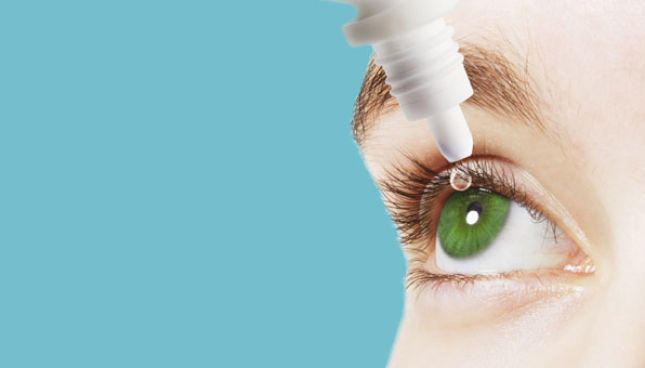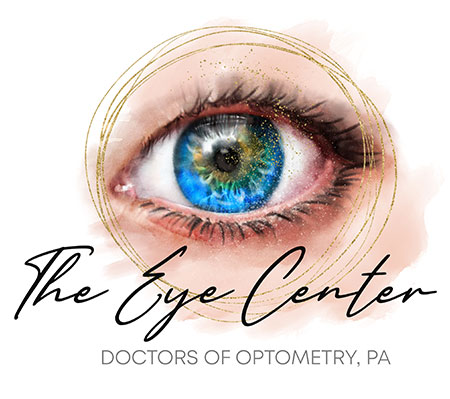All Categories
Featured

While most individuals understand the relevance of shielding their skin from the sun, the hazardous results of ultraviolet (UV) rays on eye wellness often go overlooked. However, too much exposure to UV radiation can bring about a series of eye issues, some of which can lead to irreversible damages. Whether you're absorbing the sun on a summertime day or strolling outdoors on a cloudy mid-day, protecting your eyes from UV rays is vital. Here's what you need to know concerning the impacts of UV radiation on your eyes and just how to protect them.
What Are UV Rays? UV rays are a kind of electro-magnetic radiation sent out by the sun. They are categorized into 3 types:
UVA Rays: These permeate deep into the skin and eyes and can add to lasting damage. UVB Rays: These rays are a lot more intense than UVA and are mainly responsible for surface-level damage to the eyes and skin. UVC Rays: These are one of the most dangerous however are mostly soaked up by the Planet's ozone layer and don't generally reach us. UVA and UVB rays are the key offenders behind eye-related damages.
Short-Term Results of UV Exposure on the Eyes. Even short-term direct exposure to intense UV rays can hurt your eyes. One common problem brought on by this is photokeratitis, or "sunburn of the eye." Signs of photokeratitis consist of:
Painful, red eyes. Level of sensitivity to light. Tearing or too much watering. Temporary vision loss or blurred vision. Photokeratitis is usually momentary, but it acts as a warning of exactly how damaging UV direct exposure can be, also in small doses.
Long-Term Effects of UV Direct Exposure. Prolonged direct exposure to UV radiation can lead to much more significant and irreversible eye conditions, such as:
Cataracts: UV rays can speed up the development of cataracts, a problem that causes clouding of the eye's natural lens, bring about fuzzy vision and, if untreated, blindness.

Macular Deterioration: UV exposure can harm the retina, particularly the macula, increasing the danger of age-related macular deterioration (AMD), which impacts central vision.
Pterygium: A development of tissue on the white component of the eye that can cross the cornea, triggering discomfort, redness, and vision problems.
Pinguecula: UV exposure can trigger yellow-colored down payments to base on the conjunctiva, leading to irritability and dry skin.
Skin Cancer Around the Eyes: The fragile skin surrounding your eyes is very susceptible to UV radiation, boosting the danger of skin cancers cells like basal cell cancer and squamous cell cancer.
How to Secure Your Eyes from UV Rays. Securing your eyes from UV rays is easy and requires a couple of mindful behaviors:
Buy High Quality Shades: Pick sunglasses that obstruct 100% of UVA and UVB rays. Seek tags that specify "UV 400" defense. Wrap-around styles are optimal as they block UV rays from the sides also.
Wear a Wide-Brimmed Hat: A hat with a border a minimum of three inches wide can significantly lower UV exposure to your eyes and face.
Restriction Exposure During Top Hours: UV rays are toughest in between 10 a.m. and 4 p.m. If you should be outdoors throughout these hours, make certain you're adequately secured.
Don't Be Fooled by Clouds: UV rays can permeate via clouds, so it is very important to put on sunglasses also on overcast days.
Shield Your Eyes Year-Round: Snow, sand, and water can show UV rays, escalating their results. Eye security isn't simply for bright summer days-- ensure you're covered in all seasons.
Usage UV-Blocking Call Lenses: Numerous get in touch with lenses now include UV security. If you wear get in touches with, ask your optometrist about lenses with built-in UV filters for included defense.
Urge Eye Defense for Children: Kid's eyes are more conscious UV rays because their lenses are clearer, allowing even more radiation to reach the retina. See to it they use sunglasses and hats throughout outdoor tasks.
Regular Eye Examinations. Regular examinations with an eye treatment expert are vital for early discovery of any type of UV-related damage. An optometrist or eye doctor can evaluate your eyes, suggest protective steps, and spot problems like cataracts or macular deterioration early.
Verdict. UV rays present a considerable danger to eye health, and their effects can collect with time. With the appropriate safety measures, you can minimize these dangers and safeguard your vision. By wearing UV-blocking sunglasses, restricting sunlight exposure during optimal hours, and remaining constant with eye tests, you can ensure your eyes remain healthy and balanced and your vision stays clear for several years to find. Safeguarding your eyes from UV radiation isn't practically comfort-- it's an essential action in maintaining your lasting eye wellness.
Latest Posts
Discover Reduce Expenses on Car Maintenance with Montclare Auto Repair’s Exclusive Deals
Explore Montclare Auto Repair’s Premier Auto Repairs and Why Drivers Rely On Them
Full Circle Strategic Marketing's Comprehensive Approach to Market Solutions
More
Latest Posts
Discover Reduce Expenses on Car Maintenance with Montclare Auto Repair’s Exclusive Deals
Explore Montclare Auto Repair’s Premier Auto Repairs and Why Drivers Rely On Them
Full Circle Strategic Marketing's Comprehensive Approach to Market Solutions